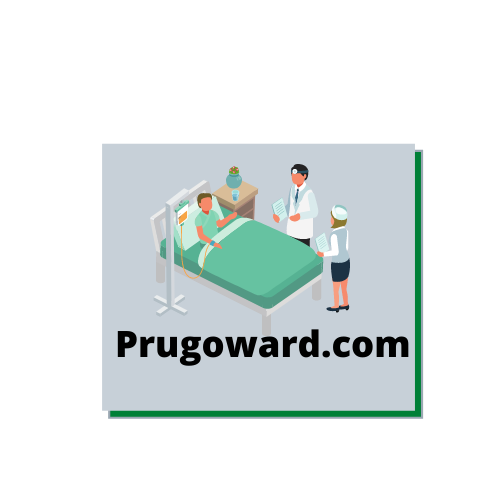
There are many disadvantages associated with being disabled. Disabilities are often difficult to
handle emotionally and physically, and they limit one’s abilities. Some disabilities include
muscular conditions such as myasthenia graveis or muscular dystrophy. Other disabilities
include mental retardation, learning disorders and cerebral palsy. These disabilities affect an
individual’s ability to work, perform school work, and go about daily activities. They can be both
mental and physical handicaps.
Communication barriers and other obstacles may be encountered by someone with a disability.
These barriers can also be psychological and emotional. One of the most common challenges of
having a disability is not being able to speak and communicate. People with mental impairments
or disabilities are more likely than others to experience depression, suicidal thoughts, and
substance abuse. Some disabilities also come with physical barriers to everyday living such as
low self-esteem, pain, Vermont NDIS problems, and breathing difficulties.
In order to qualify for disability benefits, there are certain disadvantages that an individual must
overcome. Individuals with disabilities may be unable to work or perform certain tasks. This may
prevent them from receiving a fair wage for their work. In order to overcome these
disadvantages, individuals with disability support services must seek out disability insurance coverage.
Individuals with disabilities are eligible for disability insurance, which provides income and
medical benefits.
As an individual receives income or disability benefits from the government, they may need to
take time off from work to recuperate. Employers may pay part or all the recovery costs of
employees. These employers have the money to pay these expenses through disability
insurance. Employers may pay benefits to employees who are unable to return to work due to a
recovery condition.

A person may require disability benefits for many reasons. An individual with a disability might
not be able or able to work in certain fields. Others may need long term care due to their
condition. These factors can make it difficult for an individual to work and receive disability
benefits from government. Group disability insurance covers individuals who are financially
unable to work due to disability. Their benefits can help pay for medical bills.
Social Barriers Another reason people without disabilities are less likely get assistance is
because of the social obstacles they face. People with certain disabilities are at greater risk of
feeling low self-esteem or being excluded from social activities. This makes them less likely to
take part in professional activities and participate in social activities. It is important that all people
participate in community activities. However, people with disabilities are more likely than others
to avoid these activities out of fear of being rejected and having their needs met.
Physical Barriers A person may not be able to benefit from a program if they have any physical
limitations. Although some programs offer financial assistance, it is possible to make these
programs more accessible by making it easier for people to access them. This includes making it
easier for people to get to and from work, public transportation and walking if there are physical
barriers. A good health plan is a great way to help disabled people with mobility problems.
Different policies can make it difficult for people with disabilities to access certain programs.
People with disabilities should talk to their employers about the benefits available under these
programs. They might not be eligible for the same benefits or be offered them in the same way
every time. Understanding the policy barriers can help the disabled and their family members to
identify how they can access a program that can give them the same opportunities as others
with disabilities
